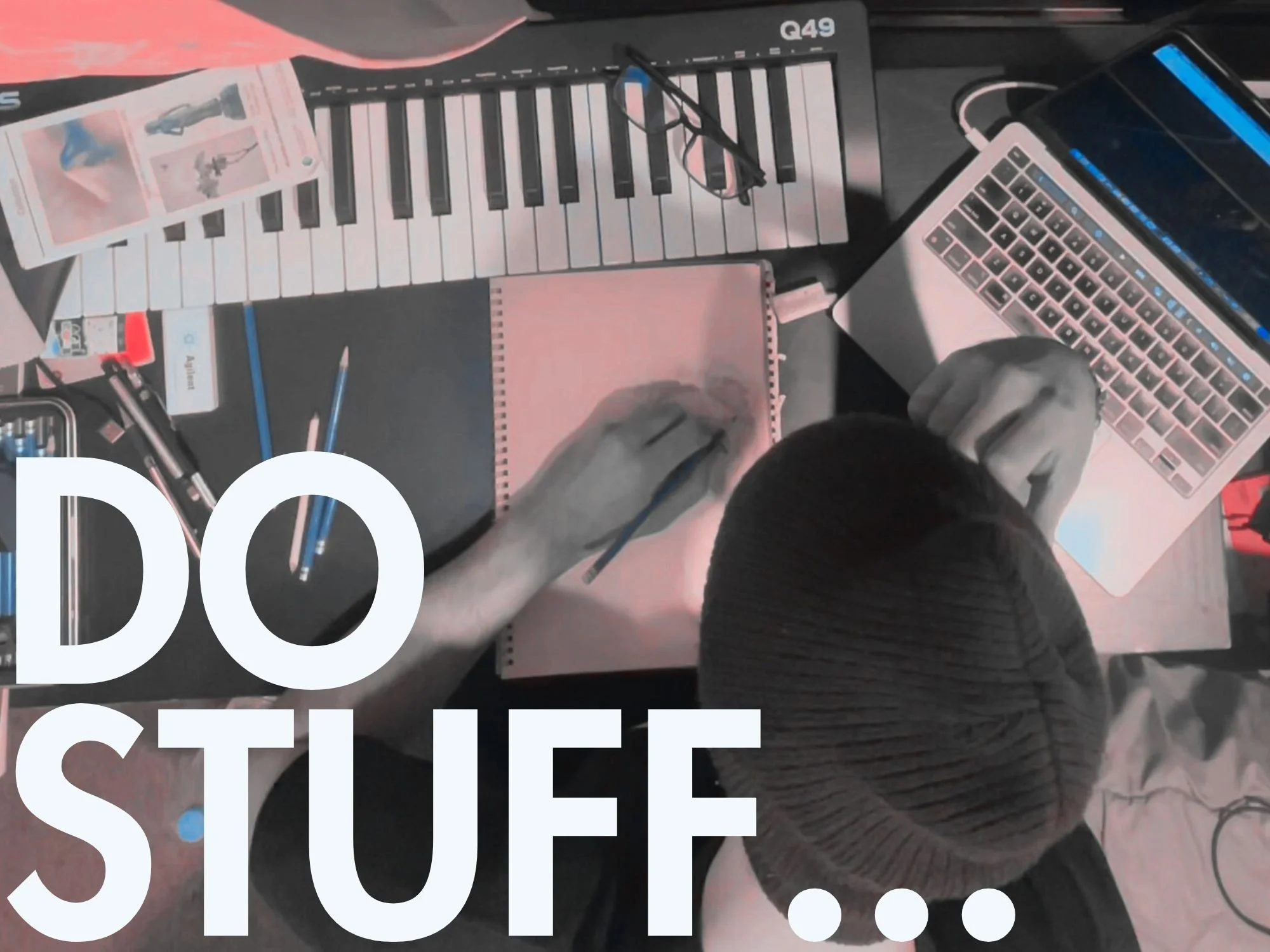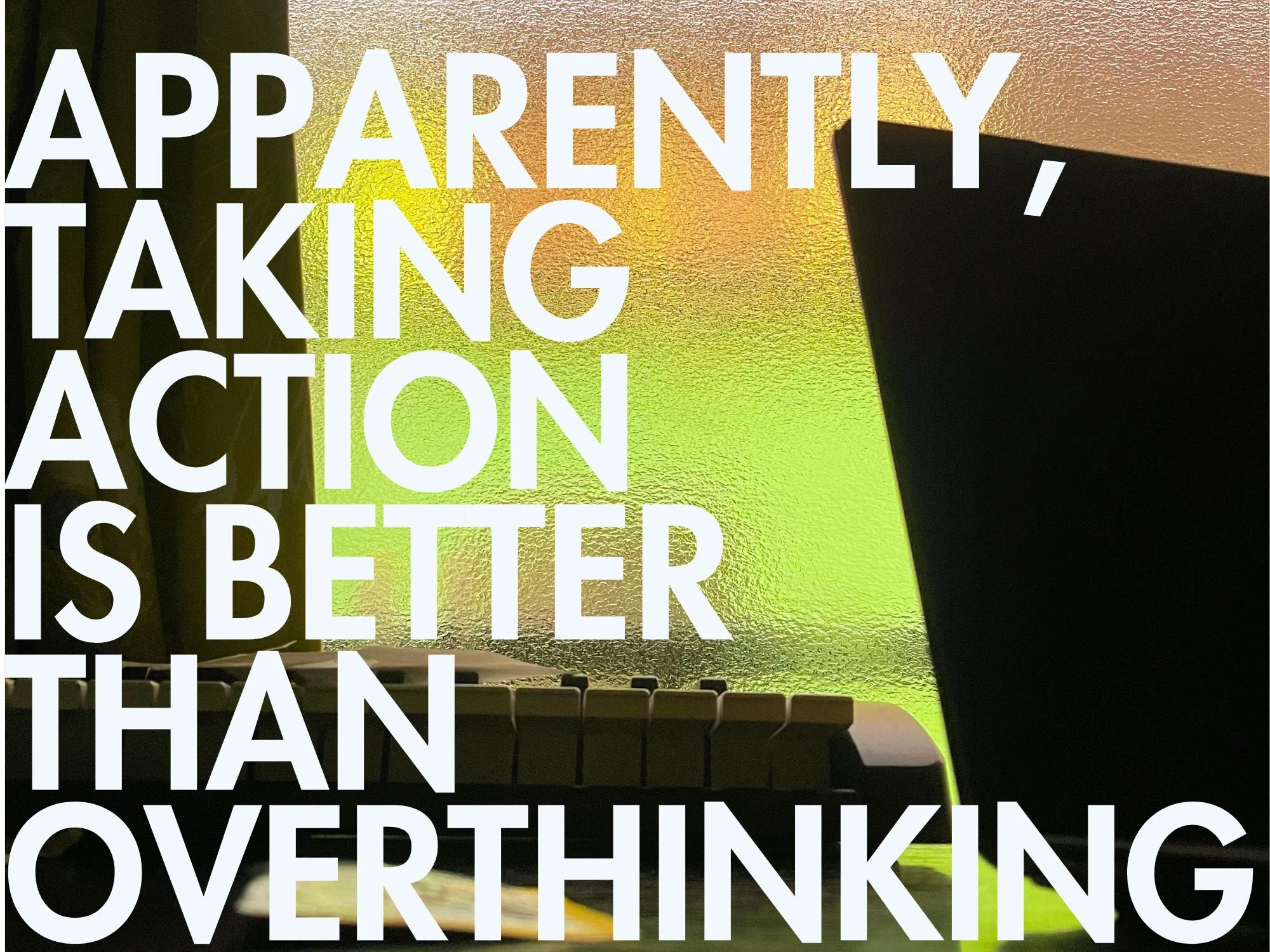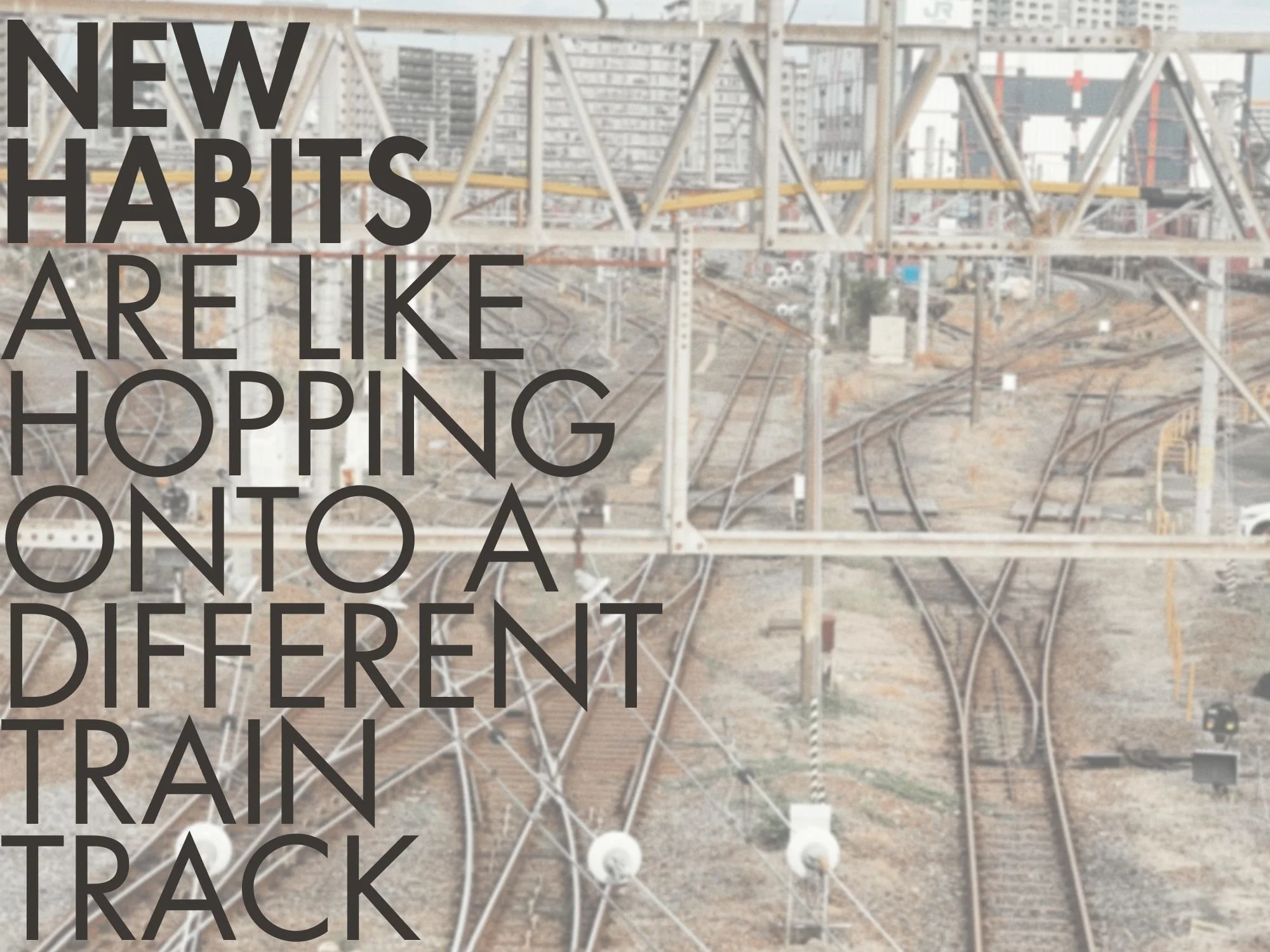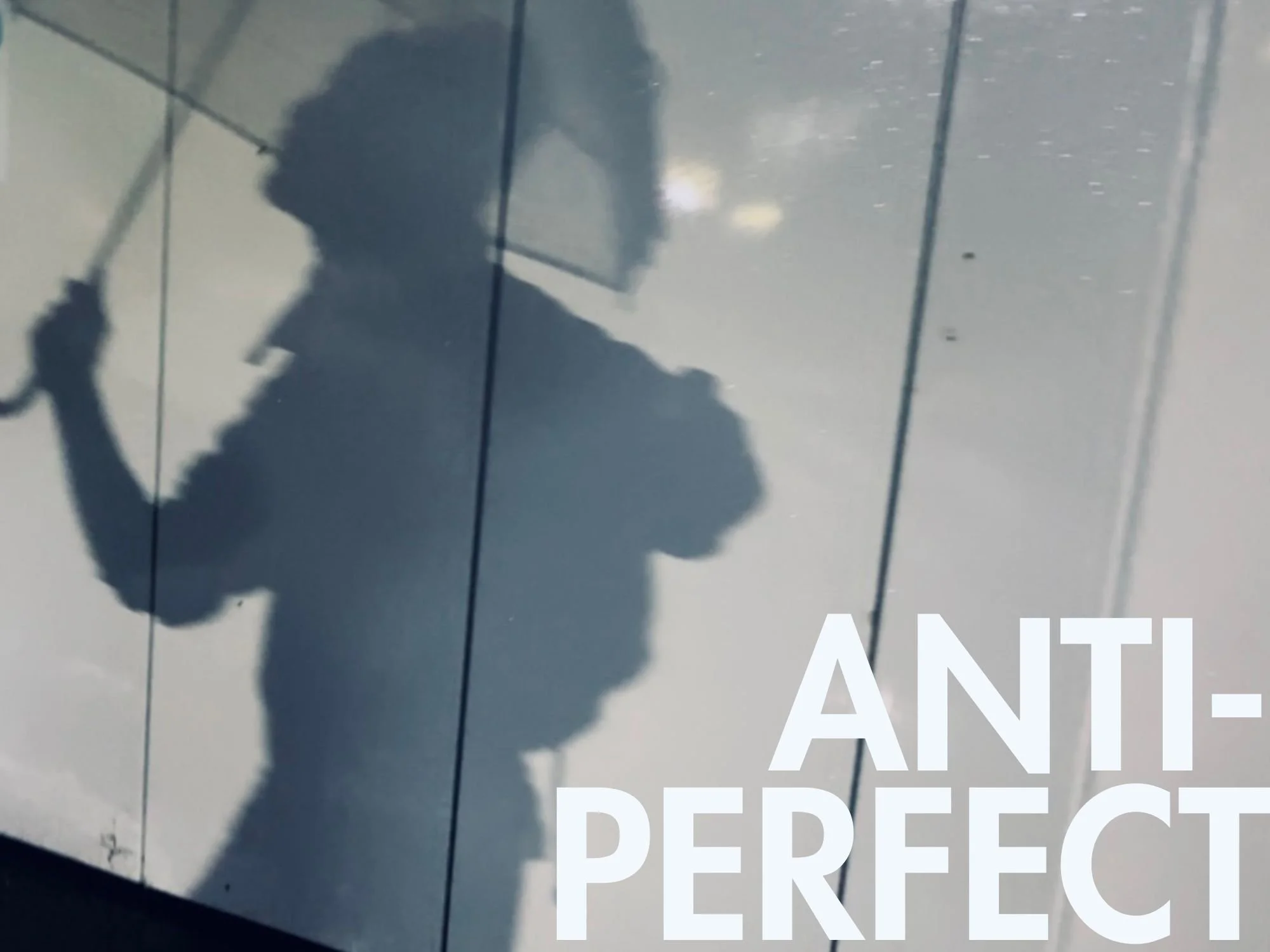I Did the ‘Do Something Principle’ (8 takeaways)
The do something principle is an idea from Mark Manson, the guy behind “life advice that doesn’t suck”. And it sorta works (go figure).
You probably know MM from The Subtle Art of Not Giving a F*ck (a great read if you haven’t checked it out yet). And for me, his do something principle builds off this carefree outlook.
Aka, stop overthinking stuff and just do the freaking thing.
So naturally, I put some of his ideas into practice.
These are my top 8 takeaways from the do something principle, a
Table of Contents
What Is the Do Something Principle?
The do something principle is just doing of the thing you set out to do. It’s a way to focus on getting started rather than waiting for some fleeting motivational moment to strike.
I like this. It’s so simple, it works.
Usually, we wait for motivation or believe that our future selves will somehow be more inspired…like our situation will be suddenly different once the calendar date changes.
Obviously, that never happens.
So I’ve been doing something novel. I’ve been just doing stuff, without thought.
It started with a song-a-day challenge. And since then, I’ve collected a few takeaways.
Doing the Do Something Principle (8 takeaways)
1. Some Days Are Great (some days suck)
This is a truth of life. Some days are epic, some days suck, and some days are just mid.
But I thought I’d highlight it because when I started, I went in thinking that the do something principle would somehow magically remedy all my sucky days.
It didn’t.
I did get way better at managing deflated motivation and building discipline, but sometimes, getting started and taking action still didn’t fix a bad day.
But that’s fine. Crap days are required to fully appreciate the good ones. Yin and yang, as they say.
We can’t get a kick-ass tree without having roots in the dirt and dark.
2. Motivation Doesn’t Always Follow Action
Mood follows action. But not always.
A lot of times, I will find a spark after I start something. But some days, it never happens. I suppose that’s where discipline will come into play.
But just remember to take breaks and know when to stop too (avoid getting jaded or burned out!).
So as you embark on doing something, don’t expect a 100% motivation ROI.
But if the motivational issues become chronic (like a pattern), then maybe it’s time to reassess things.
Are you pursuing something that’s truly aligned? What other life factors are causing issues?
3. A Mission or Purpose Helps A Lot
I noticed something pretty early on, when my actions were aligned with some greater purpose or mission, my discipline, motivation and ability to do something way improved.
Groundbreaking, I know.
It’s something we’ve all heard. It’s broken record at this point. And yeet, it gets overlooked (at least, I skipped past it).
A mission is some grander vision or reason for doing the thing you’re doing. It’s tied to your personal values and bigger goals.
It’s your why.
So if you’re struggling to do something consistently, maybe clarify your bigger mission and purpose.
Explore more:
➤ Define Your Ikigai (life purpose)
4. Don’t Expect Immediate, Life-Changing Results
We live in an on-demand, instant-gratification world. So let’s do a reality check.
Truly worthwhile things are rarely quick or easy.
And if they are quick (like a viral video), the success isn’t sustainable and the lessons learned along the journey are lost.
So remember to stay patient with the do something principle (with anything really).
Small steps and daily action do add up. Eventually compound effects happen.
Stay the course. And stay humble.
(but not too humble either)
5. Habit Formation Kicks In (eventually…)
Doing something once has no impact on habits and leads to no results.
But continued focus and discipline creates fresh neural pathways, new belief systems and new habits. It’s neuroplasticity.
If you stick with the do something principle long enough and with enough intention, new habits will form. It may take a few weeks or a few months, but it does eventually happen.
Getting used to just taking action (and not overthinking stuff) can become second nature.
6. My Indecisiveness Is Improving
Decisiveness was an unexpected (and pleasant) surprise.
Because I’ve always struggled with insignificant decisions (what to eat for dinner, what movie to watch, what to do on the weekend…).
My brain tends to glitch.
These decisions aren’t big or meaningful, but for some reason, analysis paralysis kicks in—until recently.
I’m far from perfect, but I’ve noticed myself making decisions quicker and with less overthinking. It’s nice.
I can credit this sudden change (at least in part) to the do something principle.
7. My Brain Is An Olympian At Mental Gymnastics
The brain’s ability to convince you not to do something is uncanny.
The stories and logic my brain comes up with is almost impressive. The do something principle helps quiet this antagonist. The focus is simple, just take action and don’t think about it.
Overthinking leads to over-planning, which ultimately leads to inaction and unfinished projects (another specialty of mine).
The more conscious I am of the do something principle, the more aware I am of my mental gymnastics. This helps me rewire things.
8. I’m Accomplishing A Lot (i.e., it does work)
Since actually doing things, I’ve accomplished a lot.
This is terribly unsurprising.
But it’s a nice reminder that cliche broken record boring obvious advice does still work.
It’s like health advice. Everyone knows that eating more colorful green things, exercising, stressing less and getting good sleep will pretty much solve most problems, but the advice isn’t sexy or novel.
I applied the do something principle to my life and my life became more productive. I reached creative goals and finish projects.
I got clarity and my confidence grew.
All because I stopped overthinking and started doing more.
This helped me finish my life mantra:
Listen more than you speak; give more than you take; do more than you say.
You can read more about this mantra in my post on how to life.
Otherwise, that’s all I’ve got for you here.
Later ✌️
Want More? Nice. Here’s More.





